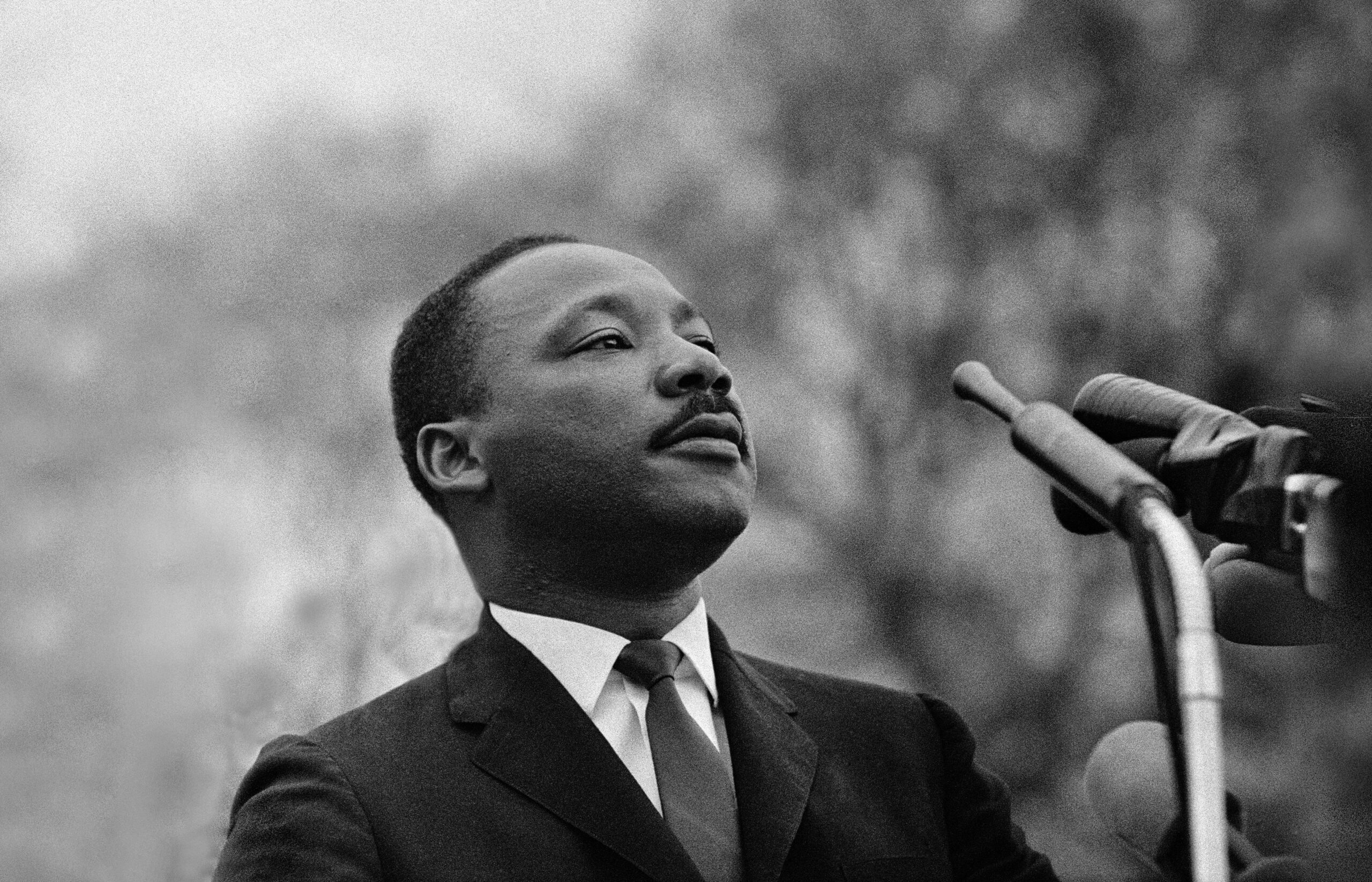Storms gave way to clear skies over San Francisco in time for the city to observe Dr. Martin Luther King Jr. Day and honor the civil rights leader who inspired the holiday.
Mayor London Breed—who made history as the first Black woman elected to the city’s highest office—issued a statement Monday about how King paved the way for African American leaders like herself.
“When I think of Dr. King and his words ‘true peace is not merely the absence of tension; it is the presence of justice,’ I know that there are still so many barriers to equality, to equity, and to justice that we must continue to break,” Breed wrote. “Our city and country have experienced adversities that have challenged us to speak up and take action. But from those challenges, comes the opportunity for change.”
Today we honor the powerful legacy of Dr. Martin Luther King, Jr., and we recommit ourselves to working together to uphold the values of justice, equal rights, and service that he embodied. pic.twitter.com/zBrxBAK8mQ
— London Breed (@LondonBreed) January 16, 2023
Supervisor Shamann Walton echoed the sentiment in an Instagram post that spoke to how MLK’s struggle for equal rights continues even all these decades later.
“I have to say that we have come far, but we have much further to go,” the post stated. “If we still have to see visions of Black women being hosed down in our streets in 2023, right here in San Francisco, then we know we have much further to go. Make no mistake about it, I am proud and happy to celebrate the legacy of Dr. King on his birthday. We will continue focusing on love over hate. Peace over violence. And togetherness over separation.”
State Sen. Scott Wiener used the occasion to call for a number of values he said King stood for like “racial justice, protecting our planet’s environment, expanding access to housing (and) lifting people out of poverty.”
“Dr. King’s dream is still a dream in many respects. Let’s work to make it reality,” he tweeted.
Kamala Harris, the first Black woman to serve as U.S. vice president, released a video that called King a prophet who “saw the future as it could be.”
“Dr. King saw the connection between racial injustice and economic injustice and he knew that to effectively address either injustice, our nation would have to address both,” she said.
Over the course of his cross-country travels fighting for civil rights from the 1950s to the ensuing decade, King made a number of notable speeches and appearances in the Bay Area—including the 1956 NAACP convention in San Francisco.
King also made an appearance in 1965 at the historic Grace Cathedral soon after the house of worship was completed and consecrated. He spoke to a crowd of around 5,000 three days after leading the third and final Selma to Montgomery March in Alabama to protest racial segregation and promote voting rights.
“We will never realize the American Dream until we can remove this terrible cancer from the body politic,” King said in his speech. “This, after all, is what the whole struggle is about. It is not just a lot of noise and needless marching, but it is at bottom a struggle to establish a reign of justice.”
King’s last major public address in the Bay Area took place in May 1967 before a crowd of thousands in Sproul Plaza at UC Berkeley, a hub of civil rights activism that he said helped galvanize the movement.
In that speech, he called for a “revolution of values,” criticized the Vietnam War and described economic equality and wealth redistribution as pivotal in the broader fight for racial justice.
A few months before his assassination and a day prior to his birthday, King visited Pleasanton’s old Santa Rita Jail to meet with anti-draft demonstrators, including folk singer Joan Baez and her mother, Ira Sandperl.
“You know when you go to jail for a righteous cause, you can accept the inconveniences of jail with a kind of inner sense of calm and an inner sense of peace,” said King in a speech outside the facility. His influential “Letter from Birmingham Jail” is credited from inspiring generations of civil rights activists.
